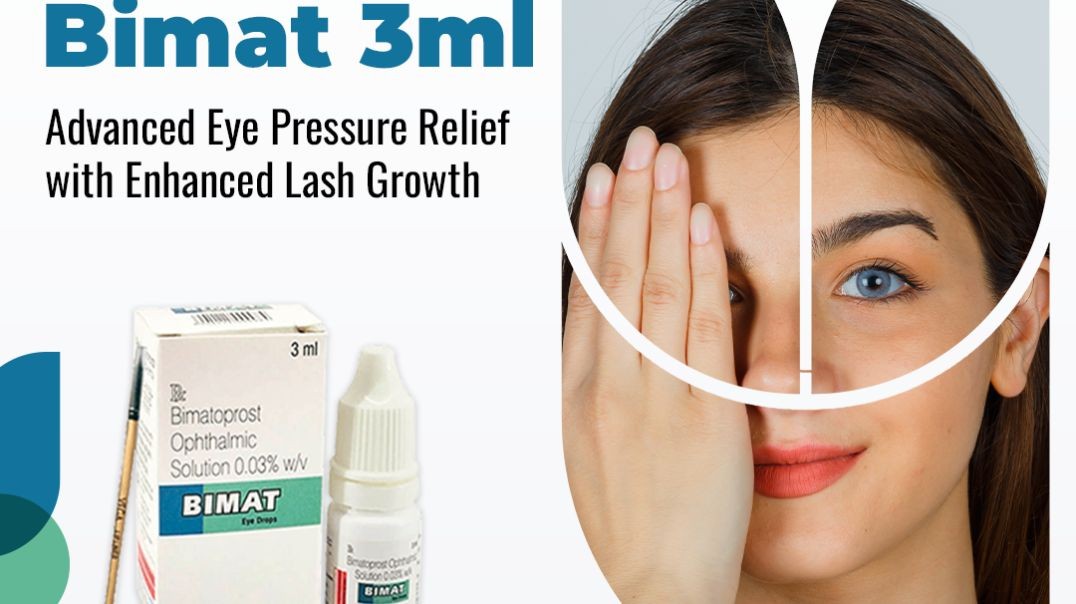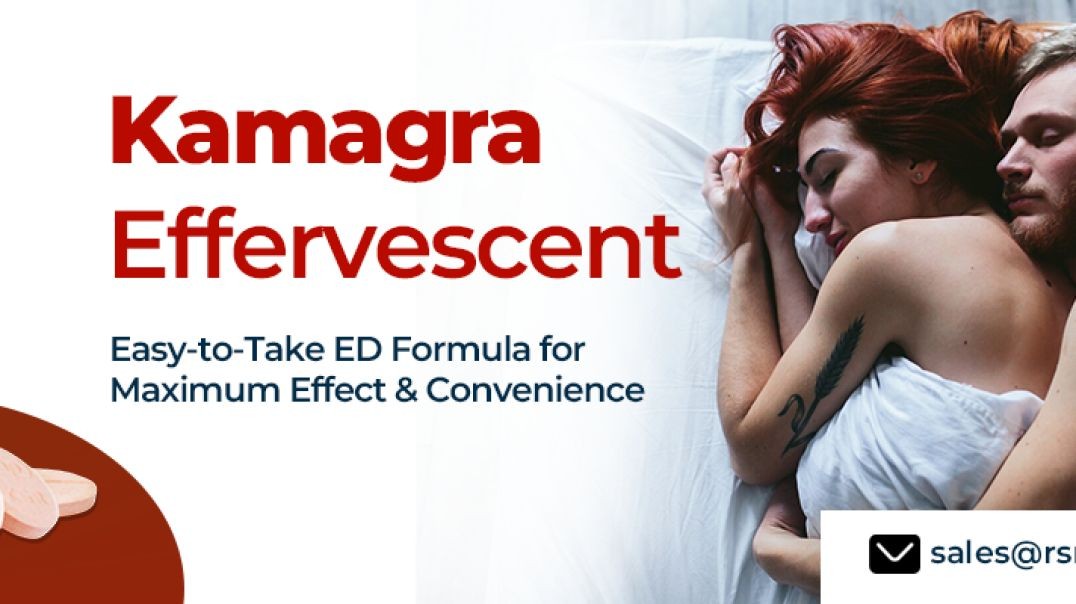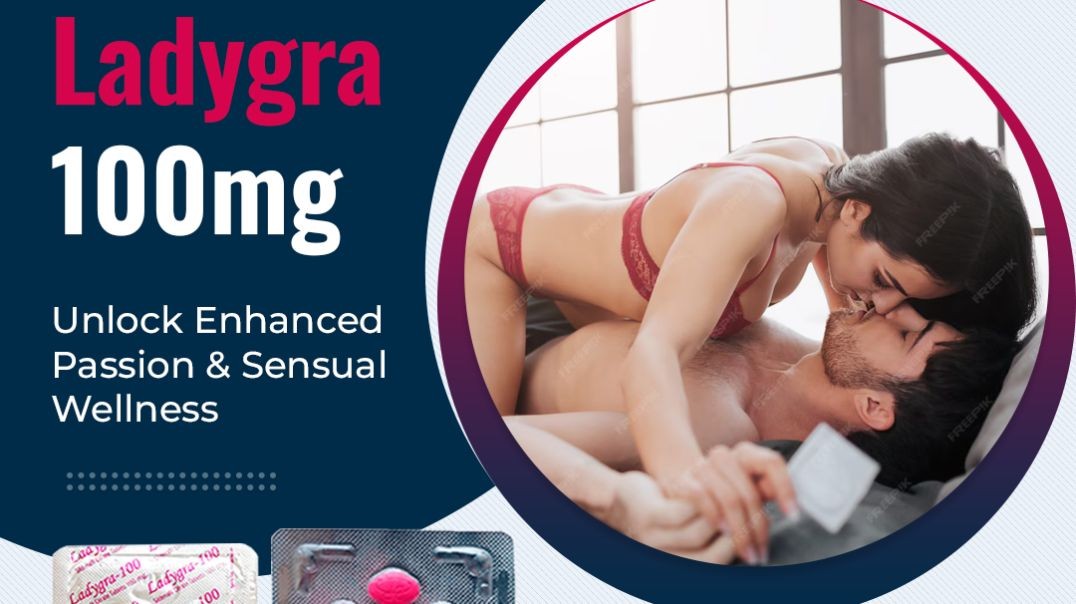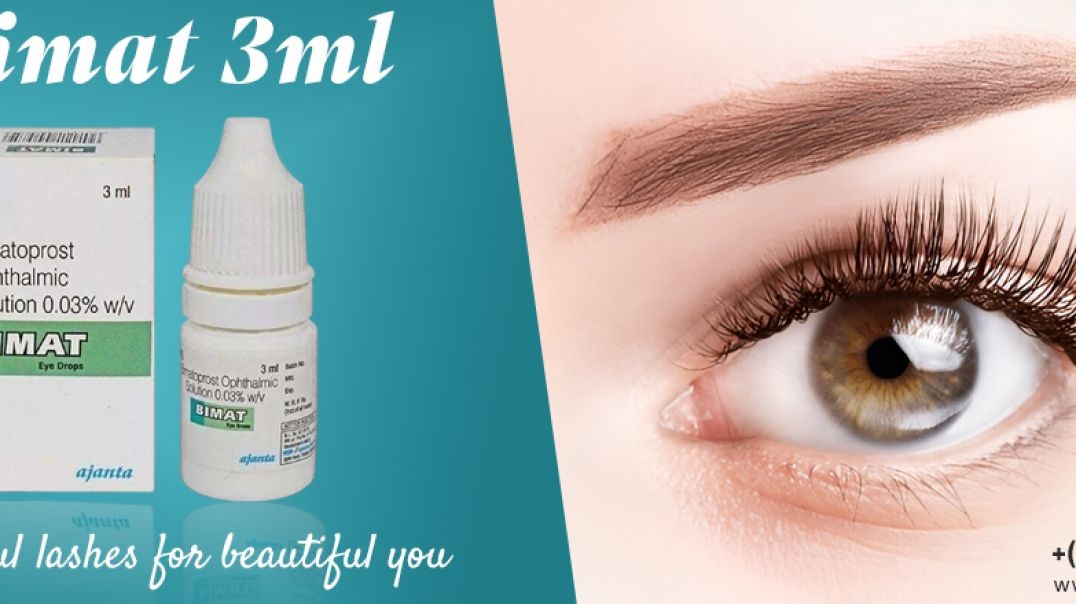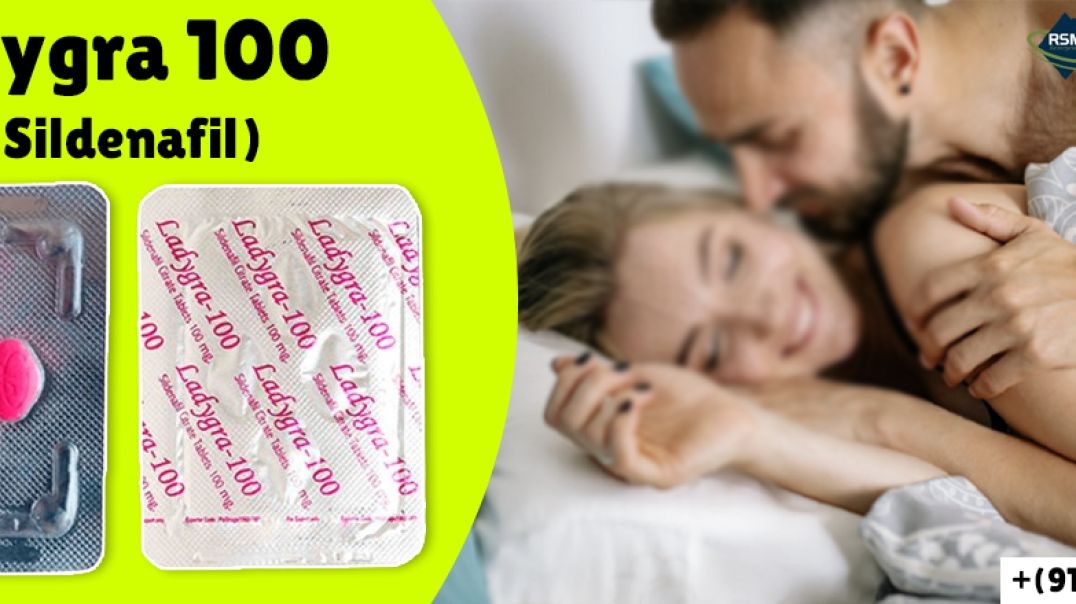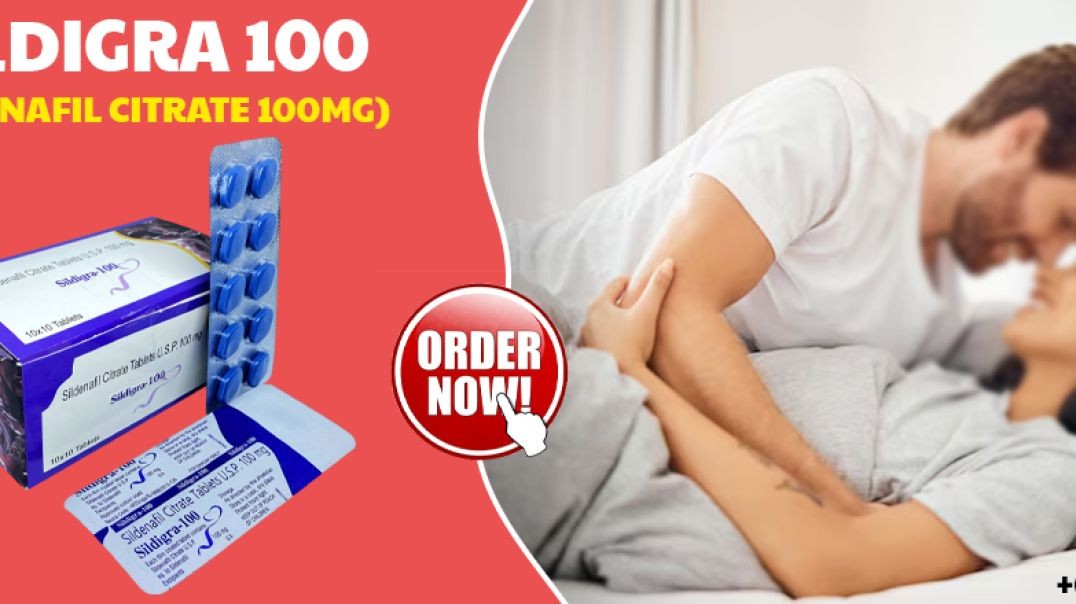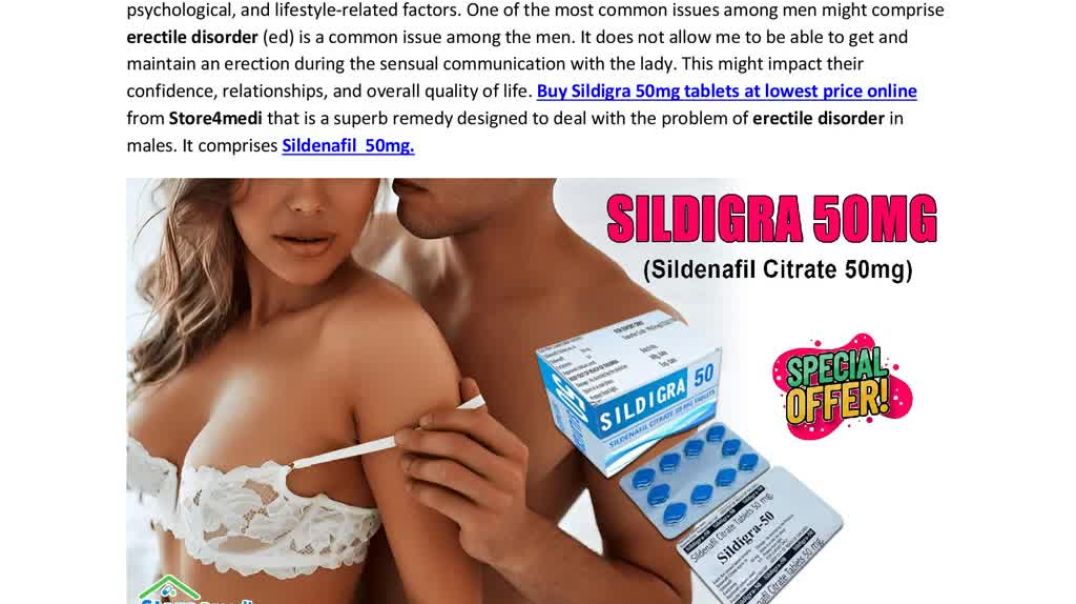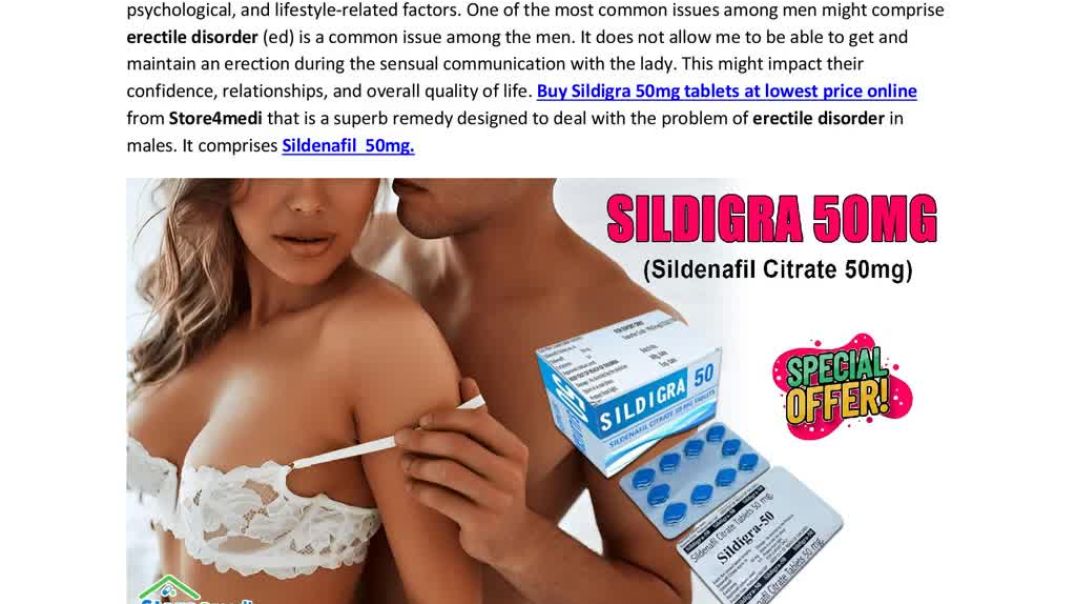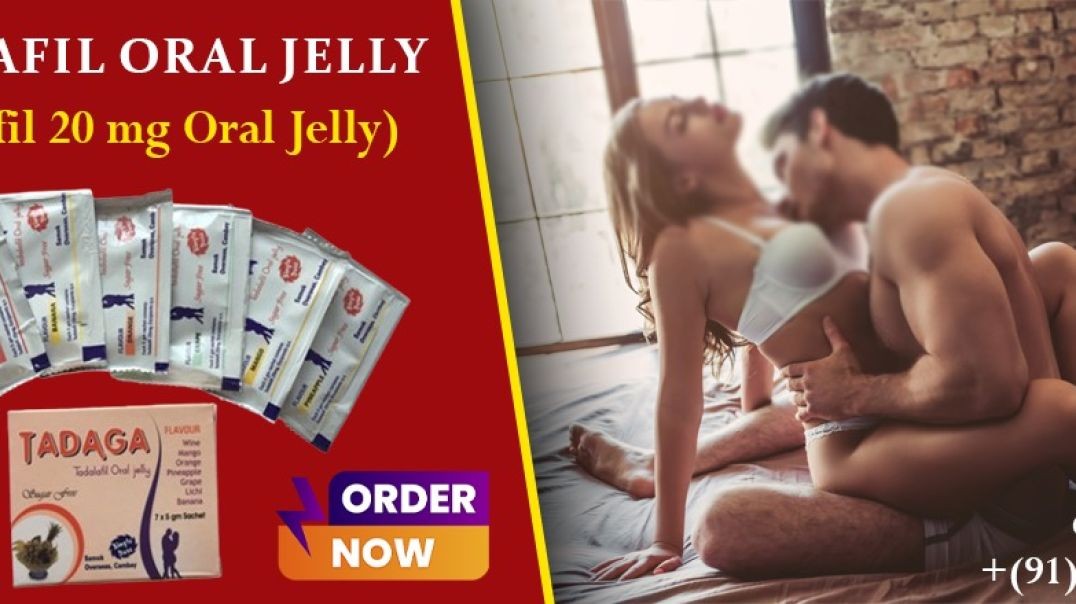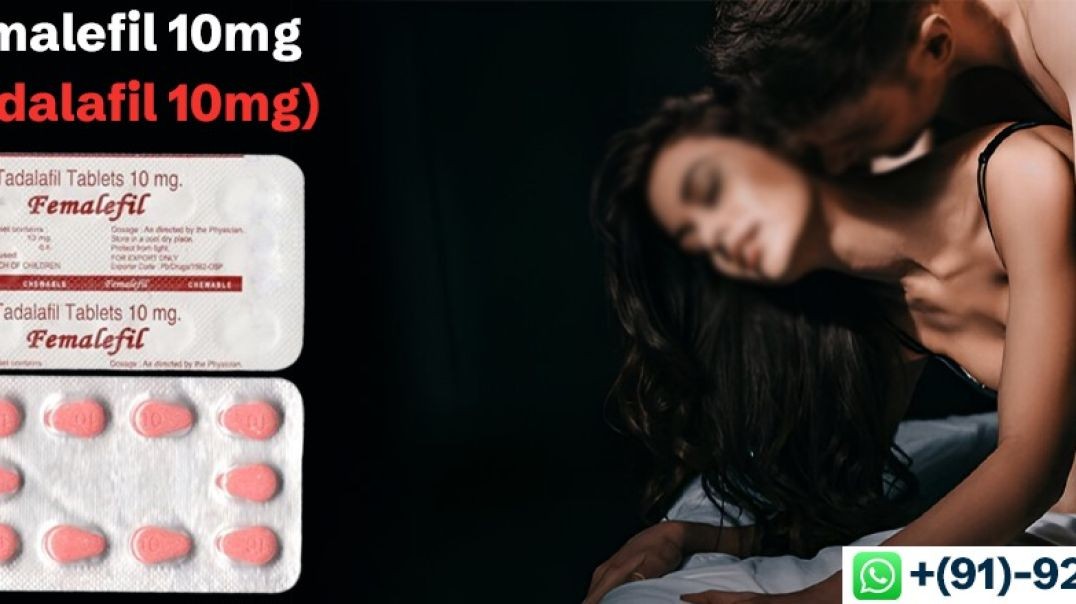- Physical Examination
- Surgical Examination
- Ophthalmology
- Clinical Skills
- Orthopedics
- Surgery Videos
- Laparoscopy
- Pediatrics
- Funny Videos
- Cardiothoracic Surgery
- Nursing Videos
- Plastic Surgery
- Otorhinolaryngology
- Histology and Histopathology
- Neurosurgery
- Dermatology
- Pediatric Surgery
- Urology
- Dentistry
- Oncology and Cancers
- Anatomy Videos
- Health and Fitness
- Radiology
- Anaesthesia
- Physical Therapy
- Pharmacology
- Interventional Radiology
- Cardiology
- Endocrinology
- Gynecology
- Emergency Medicine
- Psychiatry and Psychology
- Childbirth Videos
- General Medical Videos
- Nephrology
- Physiology
- Diet and Food Health
- Diabetes Mellitus
- Neurology
- Women Health
- Osteoporosis
- Gastroenterology
- Pulmonology
- Hematology
- Rheumatology
- Toxicology
- Nuclear Medicine
- Infectious Diseases
- Vascular Disease
- Reproductive Health
- Burns and Wound Healing
- Other
Non-Surgical Treatment of Benign Prostatic Hyperplasia.
Oral therapy has potential for symptom relief. It has the advantage of no surgery. Disadvantages include ongoing medication therapy, risks of side effects, high out of pocket cost, and sometimes over time effectiveness diminishes. Certain men also do not like to take medications. This is the most common way to treat BPH. Medicines like Flomax, Cardura, Hytrin and Uroxatral have proven to be effective in the treatment of most cases. Alpha Blockers relieve the obstruction by trying to stop the process by which the construction occurs. They basically relax the smooth muscle cells in the prostate to relieve urinary obstruction. Like most medicines side effects can occur. They are mild in most cases and include dizziness on standing, feeling fatigued, loss of ability to ejaculate with orgasm.
